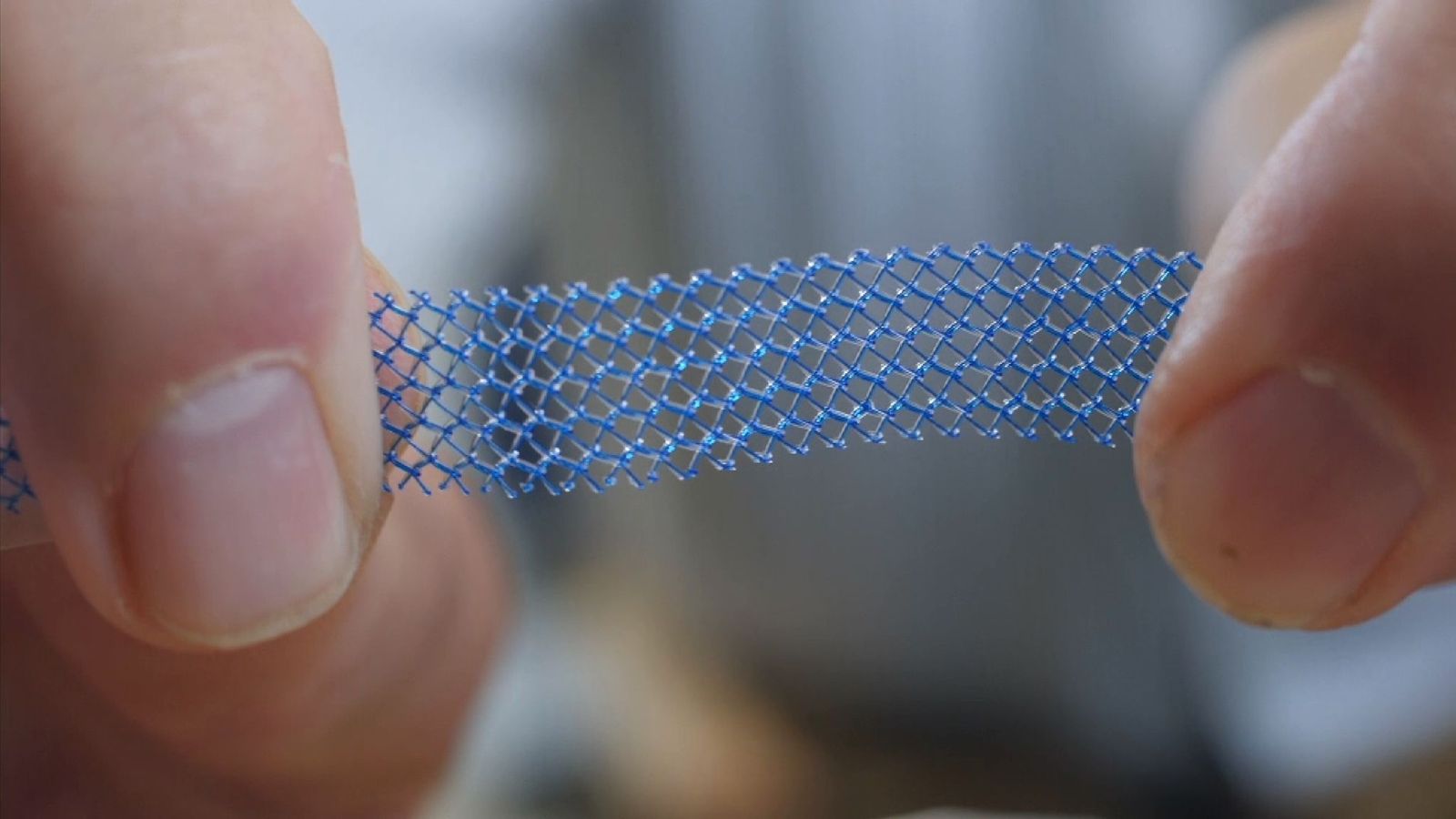Transvaginal mesh surgery for pelvic organ prolapse (POP) may cause more harm than good. The vaginal mesh used in this surgery presents the risk of serious complications, leading the Food & Drug Administration (FDA) to warn that it provides no greater benefits over other methods of treating POP. There have been several lawsuits filed against manufacturers of the vaginal mesh. Also, from January 1, 2008 through December 31, 2010, the FDA reported that it received 2,874 reports of complication arising out of this surgical procedure.
In a statement issued by the FDA, it concluded that complications of the surgical mesh placed in the vagina to treat POP include erosion of vaginal tissue, often resulting in pain, infection, bleeding, pain during intercourse and urinary difficulties. The FDA also cautions patients that organ perforation may occur during the procedure to install the mesh. The FDA has made it clear that the risks of vaginal mesh far outweigh the benefits. There are other methods of treating POP that do not involve surgical mesh.
Medical malpractice and product liability cases, especially those involving complex procedures such as transvaginal mesh surgery, are unique and require a sophisticated team of educated and proven professionals. At Swartz & Swartz, P.C., we have a team of attorneys and professionals dedicated to assisting victims who have suffered due to the negligence of others. If you or a loved one has been the victim of medical malpractice or a defective product, and would like to speak with an attorney, please contact us. Our lawyers are here to answer your questions and discuss how to protect your legal rights. Call our Boston, Massachusetts office at (617) 742-1900, or toll-free at 1-800-545-3732.
Keep Reading
Want more? Here are some other blog posts you might be interested in.




